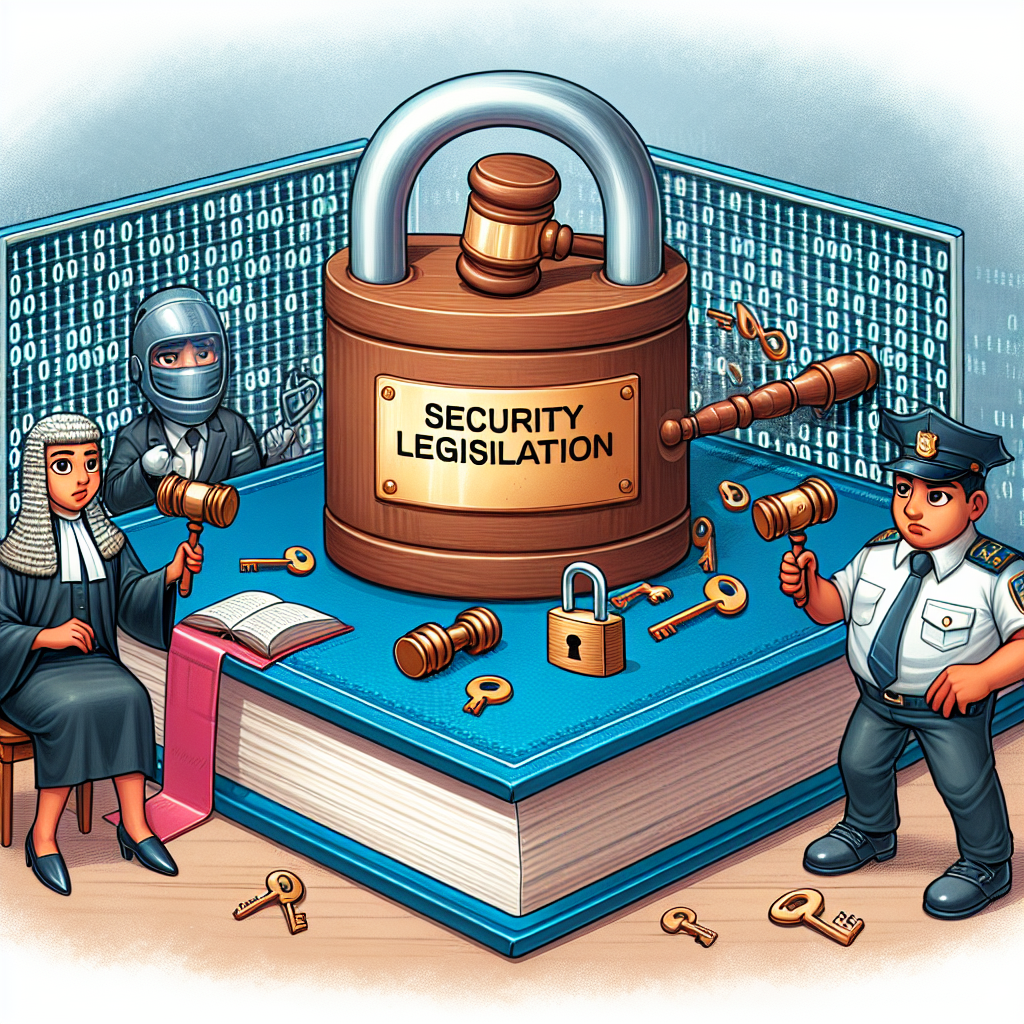South Sudan Security Law Sparks Controversy
South Sudan's security legislation, enabling arrests without warrants, became law after 30 days without President Kiir's signature. Human rights activists and Western nations criticize the law, warning it threatens political expression and safety. The law complicates upcoming elections and peace agreement talks.

- Country:
- South Sudan
South Sudan's controversial security legislation allowing warrantless arrests has officially become law, despite the president's lack of signature, according to parliament's spokesperson on Thursday.
Spokesperson Oliver Mori informed The Associated Press that the legislation automatically became law per the constitution after the lapse of 30 days since its presentation to President Salva Kiir on July 12. Kiir neither signed nor vetoed the law, which has drawn criticism from human rights activists and various Western nations. In July, nine Western envoys, including representatives from the U.S. and Britain, asserted that South Sudanese citizens should be able to engage in political and civic expression without fear of arbitrary arrests or intimidation from security personnel.
Amid preparations for its first election on Dec. 22 under a transitional government formed by a 2018 peace agreement, this legislation has become a point of contention between the government and opposition groups not part of the agreement. Yasmin Sooka, chair of the U.N. Commission on Human Rights in South Sudan, cautioned Thursday that the law empowers security agencies to execute 'more arbitrary detentions and enforced disappearances.' She urged the president and parliament to revisit and review the law in line with democratic processes to uphold credibility and legitimacy. Ter Manyang Gatwech, of the local rights group Center for Peace and Advocacy, vowed to challenge the law in court, calling it a 'direct threat to the nation.'
U.S. State Department spokesperson Mathew Miller emphasized last month that South Sudan's transitional government must urgently foster an environment where citizens can freely express their views without fear.
(With inputs from agencies.)










